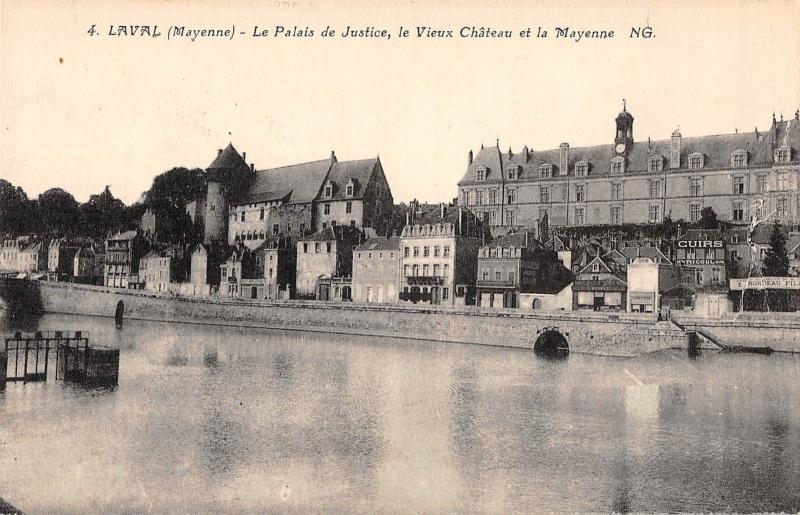Executive: La Marche (parce-que je suis advocat …)
[“Title does not match description”: +2PP]
[“Title does not match description”: +2PP]
Things having calmed a little, Merivée writes a letter.
Au Comte de Charlus (( @Jackbollda ))
Monsieur,
I shall spare resurrection of the memory, in truth hardly faded, of our recent national coup de folie. That we have arrived, perhaps not finally, but at least for now, at a place of relative clear-headedness is a cause for relief. Yet no troubles are without cause, and it is imperative for the health of France that we do not defer for too great a moment our formulation of treatment.
The passions of the people having calmed somewhat after having been demonstrated with such vigour and eloquence, it would be a grave fault on our part to presume that we might now ignore the grievances of the French people. The Republic of the liberal bourgeoisie has fallen, or perhaps lies abeyant; until the conclusion of a revised settlement we simply cannot know. Yet we might conclude that the general mood is one in opposition to this late order, having exercised such a profound and cynical influence over the labouring classes. To this end, I am deeply alarmed by the efforts of the insurgent Bonapartist party to distort the opportunity for revision into a vehicle for their own imperial ambitions. You will be familiar perhaps with my own previous estimations of the Bonapartist cause, which I view simply as the most rampant strain of demoticism and political liberalism: mythopoesis for the triumph of bourgeois individualism.
One cannot deny the sway held by the chief Bonaparte over the imaginations of certain classes of men, and no doubt in the coming days there will be calls from those who mistake a lack of open quarrel for unity for the inclusion of these classes in the birth of settlement. Yet the nature of the sympathies of the Bonapartist party is not sober, and while the chief himself may perhaps hold sincere desires for common-wealth and good order, his partisans are less dependable in their aspirations. The cause of the Duc de Morny, emergent as it is within the Assembly, seems indicative of a restless ambition extant still in the minds of certain members, who when the time comes for the Chamber to be swept away will surely be found clinging to the broom!
I therefore have written to you, Monsieur, who have done so much for the cause of revision, in the hope of discovering perhaps a similar mind; or else I write so that I may be assured in my own knowledge that my doubt have been expressed, wishing nevertheless to be proven wrong in my entertainment of them. Having secured the moment for revision, Monsieur, I trust we will not let it slip from our grasp.
Je vous prie à croire, Monsieur, l'assurance de mes salutations amicales,
Merivée
Executive: La Marche (parce-que je suis advocat …)
[“Title does not match description”: +2PP]

Sir,
At one point, I intended to respond to your entreaties with accord and satisfaction. I confess now that these sentiments are impossible to return, and I fear that for the moment I will have to be curt and distant. I do not know why you have cast your vote for M. de La Marche, but unless dictated of Providence, it must be after some reversal of those opinions which you so recently dictated in our correspondence. You have now prolonged, without doubt, the Republic of the liberal bourgeoisie, and have granted the Bonapartists their wildest wishes; that is, power, purchased from M. de la Marche. Our cause is now ruined.
Our bewilderment is total, not least on account of M. de la Marche's outright enmity to our party, and complete investment in its despoilment. It will be necessary for you to resign from the Committee of Monsieur de Chambord, and, if you have any love for him, make an account of this lèse majesté and repent for it. I would not extend to you these explanations if my affection for you was not total, and the bereavement we feel, absolute.
Charlus

Your Excellency, President Philippe Bourbon,
In the position as a Staff officer of the Seine Army Corps, this is a formal proposal for a military parade to conducted in commemoration and remembrance over the past events, and to honor the Republic. If Your Excellency wish for it, it will be held with the 2nd Condé-Dragons spearheading the parade, with honorary units from the National Guard, Mobile Guard and the other Regular Army units that took part in the defense of the Republic.
-Colonel Jérôme de Lécuyer.






